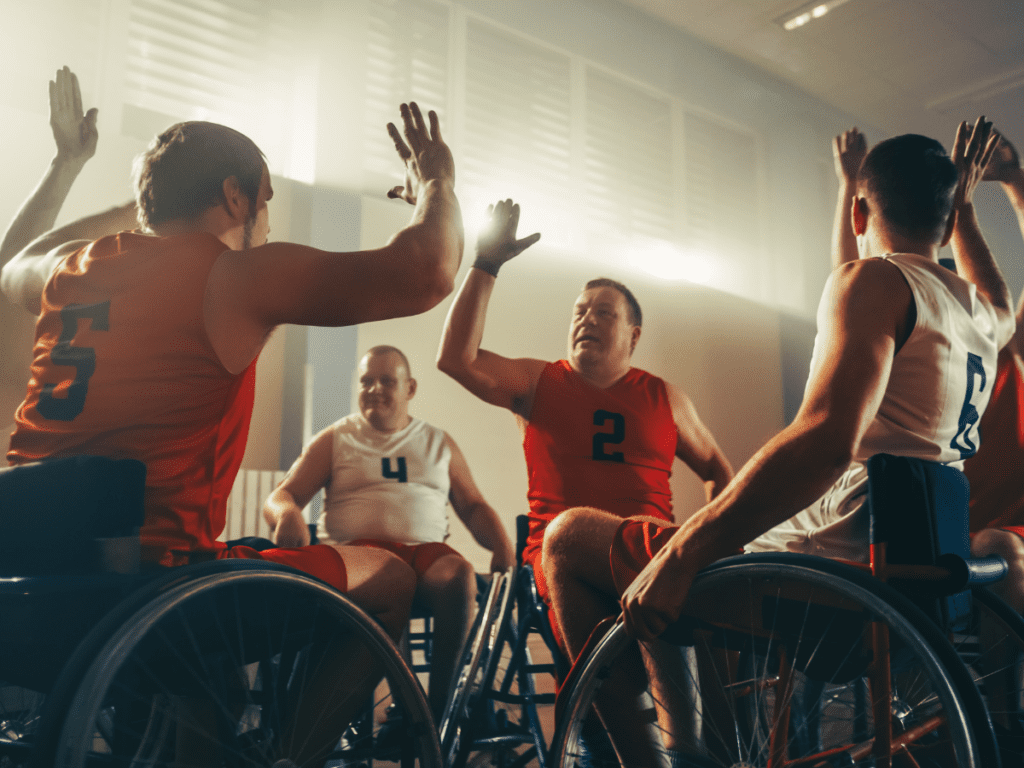Concussion Awareness Week
This week is Canada’s inaugural Concussion Awareness Week, an opportunity to increase concussion awareness by providing information and encouraging action across Canada. To honour Concussion Awareness Week, the Fall 2021 edition of the SIRCuit dives into topics and issues at the forefront of concussion research and education in sport—from concussion risk and management for girls…
Safe Sport strategies
Over the past few years, national sport organizations have implemented several strategies to advance Safe Sport and optimize the sport experience for all. To create safe, welcoming and inclusive sport environments, top strategies include building and strengthening policy to align with documents such as the Universal Code of Conduct to Prevent and Address Maltreatment in…
Ask the experts: Q&A with Chris Penrose about learning from and communicating evaluation findings

You’ve carefully planned your evaluation, collected data and compiled results. Now what? Brock University’s Corliss Bean and Caroline Hummell spoke with Chris Penrose of Lay-Up Youth Basketball for SIRC’s Experts in the House mini-series on Mastering the Art of Evaluation, presented in partnership with Brock University. As Director of Programs and Operations of Lay-Up Youth…
Culture as a performance factor
In sport, organizational culture has a significant influence on an athlete’s ability to prepare for and perform at major international games. Elements of organizational stress, such as personal, team or leadership issues, are a source of strain for athletes. That strain can ultimately affect talent development and how an organization functions as whole.
A Games like no other
The master project plan for an event like the Olympic or Paralympic Games is approximately 20,000 lines long. The postponement of Tokyo 2020 created a unique set of challenges for the Canadian Olympic Committee and Canadian Paralympic Committee, who are also preparing for the 2022 Winter Games in Beijing. In the SIRCuit, get a behind-the-scenes…
Effective intersectional work
A common concern to starting effective intersectional work is not knowing leaders in the community(ies) affected. When this happens, organizers scramble to find a representational speaker, programmer, or athlete to diversify a particular project. In the SIRC blog, learn about three simple ways for sport administrators to put intersectionality into practice using the E-Alliance Operationalizing…
Volunteer surveys
Surveying volunteers is a great way to elicit their input, understand their roles, and assess their needs. Feedback gathered through surveys can be used to improve volunteer experiences, which may in turn promote volunteer retention. Sport England’s guide to conducting volunteer surveys is a valuable resource to help you get started.
Collaborative sport delivery
At the Olympic Winter Games, there are 93 medals to be won across 31 events in Biathlon, Nordic Combined, Nordic Skiing, and Ski Jumping. Since 1924, Canadian athletes have won only six medals in these events—and none since 2006. Read about how the four Canadian Nordic sports are teaming up to improve their international performance…
Rise of the athlete voice
“As athletes, we’re being taken more seriously and senior leaders are asking for our opinions – not because they feel they have to check a box, but because they believe we have something important to bring to the table.” – Seyi Smith, Chair of the COC’s Athletes’ Commission and two-time Olympian, reflects on the rise…
Toolkit: Mastering the Art of Evaluation

Every success story is a tale of constant adaptation, revision, and change.Richard Branson Evaluation is as an essential organizational practice in the sport sector. However, many stakeholders do not receive sufficient training or the time, funding, or staffing to engage in evaluative work. While many organizations struggle with these challenges, increasing demands for accountability and…